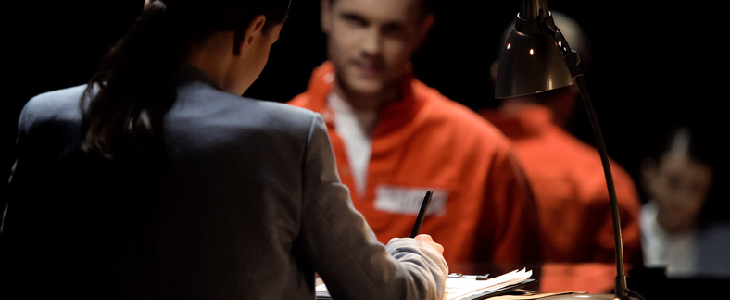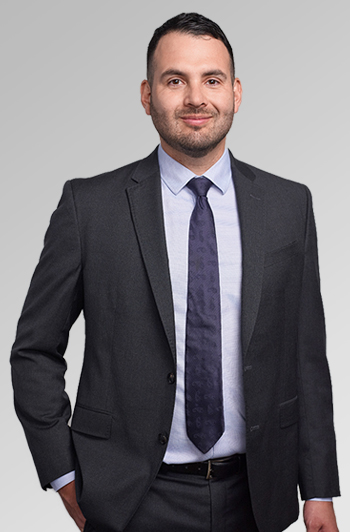Sexual assault of a child is one of the most serious crimes in the State of Texas. All forms of sexual assault of a child carry the potential for prison time and lifetime sex offender registration. If you are under investigation for sexual assault of a child or have been charged, you may be wondering what types of evidence can be used to prove the case, and whether there is sufficient evidence to charge you or convict you.
In sexual assault of a child cases, many cases are based entirely on the word of the complaining witness. As stated by the Texas Court of Criminal Appeals (the highest criminal court in the State), “[s]exual assault cases are frequently “he said, she said” trials in which the jury must reach a unanimous verdict based solely upon two diametrically different versions of an event, unaided by any physical, scientific, or other corroborative evidence.”
Many people are surprised to learn that Texas does not require that any objective evidence be presented at trial to support the testimony of an accuser and allows a conviction to be based on the testimony of one witness alone (sometimes this is referred to as the “one witness” rule). A criminal case with no evidence other than the word of the accuser is what is often referred to as a “he said/she said” case. This means that there is no other objective or corroborative evidence, such as DNA or witnesses to the alleged sexual assault of a child. These cases boil down to the credibility of the complaining witness against the credibility of the defendant.
To compensate for the lack of evidence, prosecutors will always present other evidence relating to the investigation, despite the fact that it frequently lacks any real substance. For example, in cases involving sexual assault of a child, once an allegation is made, the child is taken to give a forensic interview at a special center with interviewers who are supposedly trained in taking the statements of child victims (in Houston, this center is called the Childhood Assessment Center, located in the Rice Village area). Even though the examiner in a child abuse case is not a witness to the incident, and is usually not knowledgeable about the investigation, the examiner is still usually called to court to testify.
Similarly, prosecutors will frequently call a psychologist with experience in childhood disclosure of sexual abuse who will attempt to minimize any issues or irregularities with the child’s statement (like discrepancies) or late disclosures. Again, this person will typically have no knowledge of the details of the case on trial and may have not even spoken to the alleged victim in the case.
Despite the fact that “he said/she said” cases have very little substance, and at the end of the day boil down to the word and credibility of the accuser, they can still be very difficult cases to win since they are always highly emotionally charged and prosecutors will frequently attempt to admit inadmissible evidence or opinion testimony. For example, a prosecutor may attempt to bolster the credibility of the alleged victim by asking witnesses if they believed her. This is impermissible as it is improper for one witness to comment on the credibility of another witness (this is an issue that is reserved for a jury).
In all sexual assault of a child cases, it is absolutely critical that a criminal defense attorney develop a strong theory as to why a child might have made a false allegation of sexual abuse. Of course, the motive can vary but it is not uncommon for children to lie to get out of trouble, to lie in the context of a divorce or custody battle, or to be encouraged to lie where parents are attempting to use their children’s status as a victim to obtain legal status in the country (this type of status is known as the u-visa under federal immigration law).
In sexual abuse cases, an experienced attorney must develop a motive to lie by interviewing witnesses, obtaining records (including school records, therapy records, medical records and child protective services records), obtaining other types of evidence like text messages. Developing a motive to lie is critical in all sexual assault cases but it is even more so in “he said/she said” cases where there is no other objective evidence.
Sexual assault of a child cases are some of the most difficult types of criminal cases due to their emotionally-charged nature, huge stakes and unique rules of evidence that are applicable. An effective sexual assault defense attorney should have an aggressive, proactive strategy to begin developing a defense right away. Attorneys Jose Ceja and Abigail Anastasio are experienced criminal defense practitioners with unique experience in these cases and a proven track record. If you are under investigation for, or have been arrested for any sex-related offense, call Ceja Law Firm today.










